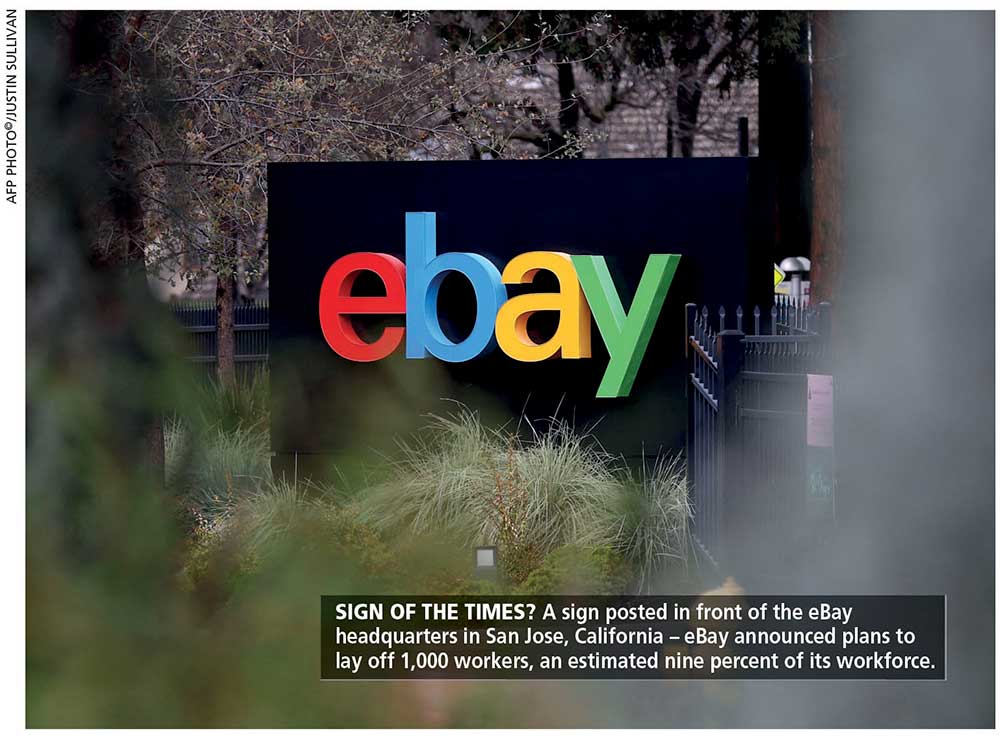DIGITAL MARKETPLACE
THE E-COMMERCE CHALLENGE
Fazmina Imamudeen examines the issues that SMEs face in the digital space
The digital marketplace is among the most innovative developments of our era; it is seemingly boundless in its potential. But behind the promising facade, there’s a battle brewing.
As businesses increasingly migrate online, the once wide expanse of opportunity is looking rather congested. Smaller businesses entering the marketplace may feel as if they’re venturing into a very noisy and crowded space.
In this digital landscape, one is competing against local vendors, and giants such as Amazon and eBay whose sheer scale, resources and brand recognition often overshadow new entrants.
However, the challenges go beyond mere competition.
While large platforms have the infrastructure to support seamless operations, smaller businesses often lack the budgets for such refinements. The pressure to deliver an exceptional customer experience – quick page load times, intuitive navigation and responsive customer support – is immense.
But the more fundamental issue lies with trust.
Today’s consumer is acutely aware of the risks of online shopping, which range from data theft to fraud. Every transaction requires a leap of faith; and without the physical presence of a store, customers rely heavily on reviews, ratings and reputation to guide their decisions.
For a digital marketplace, building and maintaining this trust is paramount. A strong security infrastructure, clear policies on returns and visible customer reviews can make the difference in earning customer loyalty.
But it’s not easy – especially in an age where high profile data breaches and cyber attacks are all too common.
Yet another hurdle is retention. Drawing customers to your platform is one thing; but convincing them to return is an entirely different challenge. Consumer loyalty is more fleeting than ever with users hopping between platforms in search of the best deal or the most convenient service.
To keep customers engaged, businesses need to go beyond one-time promotions or discounts. They must cultivate meaningful connections by providing value that encourages clients to return. This can mean tailored product recommendations, personalised marketing or reward programmes, all of which call for substantial investments and strategic planning.
And as if that isn’t enough, the financial side of operating in a digital marketplace often complicates things further. Many platforms charge a range of fees – for transactions and listing or promotional costs – and these costs eat into the margins of small vendors.
Such costs are often unavoidable if businesses want to compete; so balancing these expenses while remaining profitable is a delicate act. For small and medium-size enterprises (SMEs), the question is often not only if they can grow but also whether they can do so sustainably in the face of these ongoing costs.
Another layer of complexity arises from dealing with the constantly evolving legal landscape. Different regions enforce diverse rules when it comes to online commerce, such as in the case of taxes, data protection and consumer rights.
Regulations such as the EU’s General Data Protection Regulation (GDPR) have greatly impacted how businesses handle personal data, and forced marketplaces to invest in compliance measures that can be costly and resource intensive.
For platforms that operate globally, the task of staying compliant across various jurisdictions becomes even more difficult. What may be acceptable in one country can be in violation of laws in another, leading to potential fines or penalties.
Nevertheless, digital marketplaces continue to attract businesses due to their potential for high rewards. Extensive reach of online platforms enables even the smallest vendors to tap into global markets, connect with new audiences and experiment with business models that were previously out of reach.
For those who can master the complexities of this space, the digital marketplace is a launchpad for explosive growth, groundbreaking innovation and enduring success.




